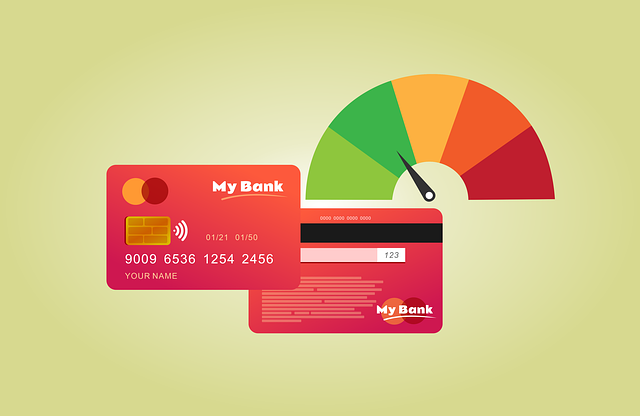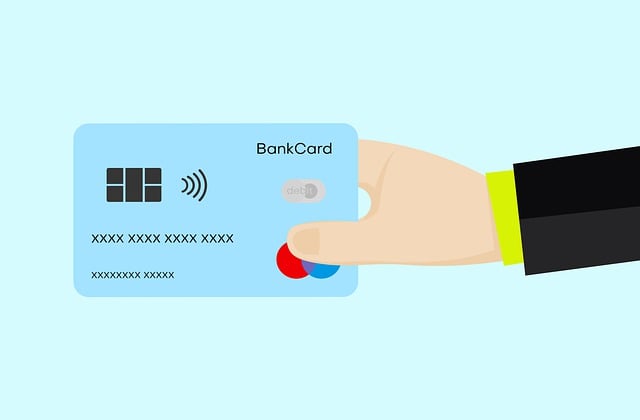Regularly reviewing and disputing errors on your credit report is crucial for real estate professionals and buyers to secure favorable loan terms and protect their financial future, as inaccuracies can lead to higher interest rates or loan denial.
“Your credit report is a crucial document that significantly impacts your financial journey, especially when it comes to real estate. Understanding how errors can affect your scores and subsequently your ability to secure mortgages or loans is essential. This article guides you through the process of identifying and correcting common credit report mistakes, offering practical steps to ensure accuracy. By learning to navigate these errors, homeowners-to-be can protect their financial future in the competitive real estate market.”
Understand Your Credit Report's Impact on Real Estate

Your credit report plays a pivotal role in shaping your financial future, especially when it comes to significant investments like real estate. Errors on your credit report can lead to higher interest rates or even loan denial, impacting your ability to purchase a home. It’s crucial to understand that lenders often use your credit score as a key indicator of financial responsibility and risk. A pristine credit report demonstrates stability, while errors might signal potential issues, causing lenders to hesitate.
Regularly reviewing your credit report can help you identify inaccuracies early on, allowing for swift correction. This proactive approach ensures that when you’re ready to make a real estate move, your financial profile is as strong and accurate as possible.
Identify Common Credit Report Errors

Identifying common credit report errors is the first step in maintaining a healthy financial profile, especially for those in the real estate sector. Errors can range from simple typos to more significant inaccuracies, such as accounts attributed to the wrong person or debt entries that have been paid off. These mistakes can negatively impact your credit score, making it difficult to secure favourable loan terms when purchasing property.
Real estate professionals and buyers should regularly review their credit reports for discrepancies. Common errors include incorrect personal information, like names or addresses, outdated employment details, and inaccurate account histories. Additionally, look out for accounts you didn’t open or debts that don’t belong to you. Promptly disputing these errors with the relevant credit bureau is crucial to ensuring your credit report remains accurate and reliable, thereby safeguarding your financial interests in the long run.
Correcting Errors: Steps to Take Action

Correcting errors on your credit report is a crucial step in maintaining or improving your financial standing, especially if you’re in the real estate market. If you discover inaccuracies, don’t delay; take immediate action to rectify them. The first step is to gather all relevant documents and information that supports your case. This could include pay stubs, bank statements, or any other proof of transactions listed incorrectly.
Next, contact the credit bureau responsible for the report. You can do this online or via mail, depending on their preferred method. Clearly state the errors you’ve found and provide the supporting documents. The credit bureau will then investigate and verify the information. If they confirm the inaccuracies, they’ll update your report accordingly and inform you of the changes made. Regularly reviewing your credit report is essential to ensure these steps are taken promptly, as delayed action could impact your financial opportunities, including real estate transactions.






